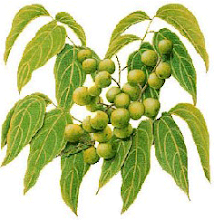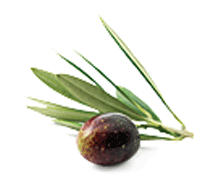How to Make Liquid Cleansers from Soap Nuts
and More ways to Stop Using and Paying for Toxins in Your Home
Place 12 to 15 soapnuts (about 1.5 ounces) in about 6 cups of water. For best results, bring to a boil and simmer for approximately an hour. You will know that you have fully extracted from the soap nuts when they turn very light tan or gray and are mushy. Allow to cool and strain. Store the soap nuts liquid in an airtight glass jar. As with other botanicals, the infused soap nut solution is best stored in a cool place away from direct sunlight. This 100% pure soap nut solution has absolutely no preservative of any kind; hence it has a limited shelf life of several days. It should be refrigerated to extend its shelf life. This is typical of virtually all water-based botanical solutions. We are infusing our proprietary liquid formulas with specific natural preservatives that will greatly extend shelf life, yet still be safe and chemical free. For the make-at-home solution, simply don't make more than you'll use in a few days.
For Household Cleaning: Pour soap nuts liquid into a spray bottle. Use full strength or dilute as desired. Use for sinks, counters, floors, etc.
For Windows and Glass: Fill a spray bottle with about 8 oz of water. Add a half-ounce of soap nuts liquid and a half-ounce of vinegar. Spray and then wipe clean with dry cloth.
For Dishwashers: Fill the dishwasher soap dispenser with soap nuts liquid. Wash as usual. Tip: For extra sparkle, add a half-ounce of vinegar to the rinse dispenser or during the rinse cycle.
For Hand Wash: Add about 2 tbs of soap nuts liquid to wash water and stir, or make a tea with your soap nuts muslin bag. Simply hand wash as usual.
For Steam Cleaning Carpets: Soap nuts work exceptionally well in carpet cleaners because they are so low sudsing and odor reducing. Add about a quarter cup of soap nut liquid to hot water in the portable cleaner. Great for urine stains!
For Jewelry: Soak jewelry in soap nuts liquid for a few minutes. Use an old soft toothbrush to remove debris. Rinse with clean water and polish with a soft cloth. Soap nuts have been used as a fantastic jewelry cleaner for eons. There's no need for harsh, toxic chemicals!
For Pets: Same as above. Superb for pets! Your little loved ones will never feel and smell this fresh again! They'll appreciate it, too!
For Shampoo: Use soap nuts liquid to shampoo hair. Leave in for about 5 minutes. Rinse as usual with warm water. If you prefer more suds, add a little your favorite shampoo. We know it's hard not to want more suds.





